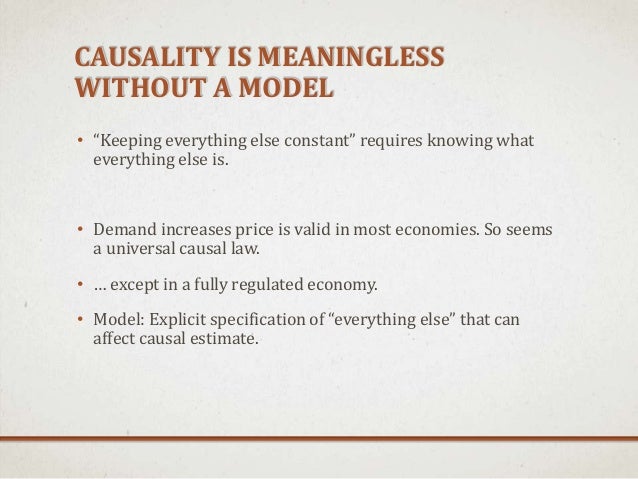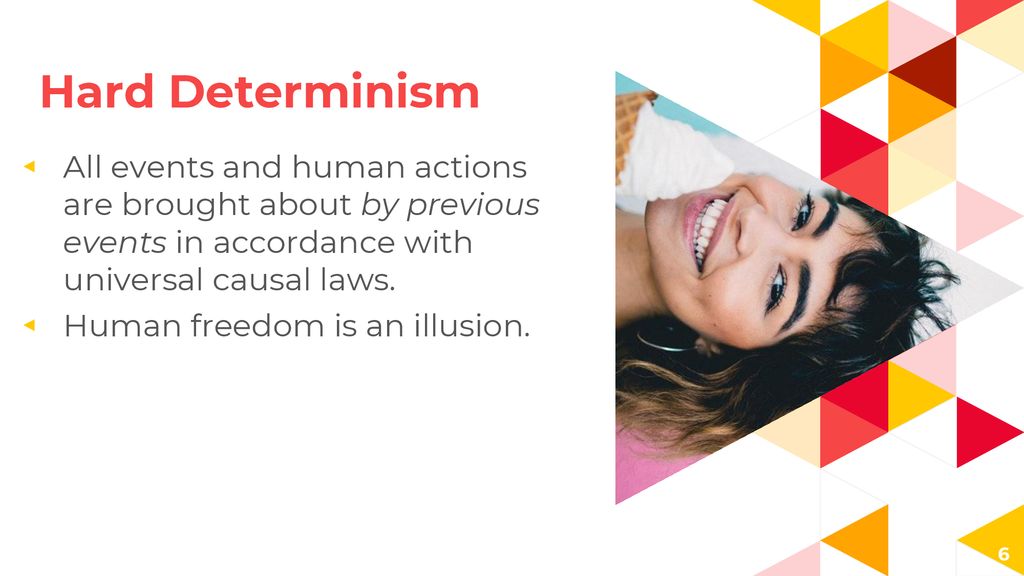

Hume states, “It seems a proposition, which will not admit of much dispute, that all our ideas are nothing but copies of our impressions, or, in other words, that it is impossible for us to think of any thing, which we have not antecedently felt, either by our external or internal senses.” In other words, all our mental impressions are the result of our sensory experiences, including both ‘external’ sensory experiences such as sight and smell, and our ‘internal’ sensory experiences such as desires and emotions. Hume’s argument against causation rests upon his empiricism. The validity of induction remains a hotly debated topic. Can we justly believe the sun will rise tomorrow based upon the fact that it has risen each prior morning? Put another way, is there a necessary connection between causes and effects, and if not, can we find any reasons for making predictions about the future? This essay will examine Hume’s argument against causation and note current attempts to undermine his argument. This dilemma revolves around the connection between human experiences and the validity of predicting future events. to causat(us) (ptp.The question of causation, or induction, has plagued philosophy since the time of David Hume. the relation of cause to effect causality. Syn: cause 2) N UNCOUNT Causation is… … English dictionaryĬausation - causational, adj.

Therefore it is clear that the gene is only part of the causation of illness. Causation is the relation between two events that holds when, given that one occurs, it produces, or brings forth, or determines, or necessitates the second equally we say that once the first has… … Philosophy dictionaryĬausation - kɔːze͟ɪʃ(ə)n] 1) N UNCOUNT The causation of something, usually something bad, is the factors that have caused it. causality … English World dictionaryĬausation - One of the central problem areas of metaphysics. a causal agency anything producing an effect 3. 2) the relationship between cause and effect … English terms dictionaryĬausation - n. cause)) … Etymology dictionaryĬausation - ► NOUN 1) the action of causing. action of causing, from causa (see CAUSE (Cf. Ein Causativum ist ein abgeleitetes Verbum, welches die Veranlassung … Pierer's Universal-LexikonĬausation - (n.) 1640s, from L.

lat.), 1) Vorwand, Entschuldigung 2) Veranlassung daher Causator, Veranlasser, Urheber Causatīv, 1) ursächlich, veranlassend 2) (Causativus casus), io p. Rapport entre cause et effet pouvoir d agir en tant que cause … Encyclopédie UniverselleĬausation - (v. Action de causer quelque chose, d être la cause d un fait. , the theoretical or asserted law… … The Collaborative International Dictionary of EnglishĬausation. The kind of causation by which vision is produced. The act of causing also the act or agency by which an effect is produced.


 0 kommentar(er)
0 kommentar(er)
